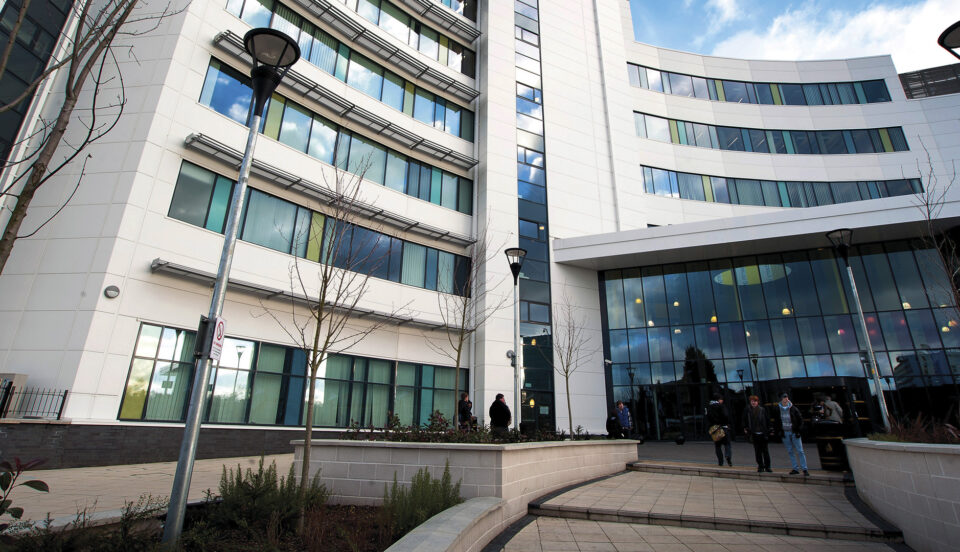The media landscape is continuously changing, with advances in technology and online platforms allowing content distribution to become instant and global, and you will learn what it takes to become a content creator in this diverse and fast-paced sector. This T-level has a distinct focus on developing the knowledge, skills and behaviours you need to embark on a successful career in content creation and production.
This two-year qualification has been designed to ensure you have a vast range of skills to meet the demands of the media and business sector. The course examines the creative industries, production techniques and potential careers in this exciting industry.
T-levels are two-year, Level 3 study programmes that follow the study of GCSEs and Technical Awards and offer an alternative to A Levels and Apprenticeships. T-levels combine classroom theory, practical learning and a minimum 315 hours of industry placement with an employer. The work placement ensures students have real experience in the workplace. T-level programmes are developed in collaboration with employers so that the content meets the needs of the industry and provides the knowledge and experience needed to progress to highly skilled employment, an apprenticeship or university.
What you'll learn
The T Level Technical Qualification in Media, Broadcast and Production is the main classroom-based element of the T-level. Students will learn using a curriculum that has been shaped by industry experts. During the two-year programme, students will acquire the core knowledge that underpins each industry. They will develop occupationally specific skills that will allow them to enter skilled employment within a specific occupation.
Students will develop an understanding of a broad range of issues relevant to the sector, including:
- the creative economy
- the individual in the creative industries
- cultural context and vocabulary
- audience and consumer needs
- legal and regulatory requirements
- professional standards and conduct in the workplace
- equality, diversity and inclusion requirements
- research skills
- project methodology and administration
- continued professional development
How you'll learn and be assessed
You’ll spend 80% of your time in the classroom and 20% on a 45-day placement with an employer to give you the skills and knowledge companies seek.
Your industry placement allows you to learn what a real career is like while you continue your studies. When and how you complete it depends on the T-level, school or college, and employer. Like A levels, there are no tuition fees to study a T-level if you start before you are 19.
This course is assessed through a variety of methods including:
- Two externally set exam papers
- An employer-set project
- Assignments and live briefs
In addition, English, maths and digital skills are integrated into your T-level and form part of your employer-set project and occupational specialism assessment
Progression
The purpose of the T Level Technical Qualification in Media, Broadcast and Production (Level 3) is to ensure students have the knowledge and skills needed to progress into highly skilled employment, an apprenticeship or higher-level study, including university, within the specialist area of media, broadcast and production.
Career opportunities include:
- TV or film production assistant
- TV or film producer
- TV or film director
- Social media content creator
- Digital content creator
- Social media executive
- Content producer
- Communications manager
Entry requirements
You will need five GCSEs at a minimum of grade 5, including maths and English language.
You should also have enthusiasm and a keen interest in the subject

